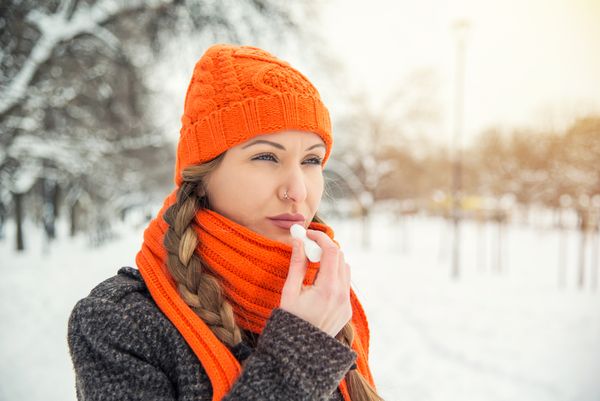Q:
I would like to lose weight and improve my skin’s appearance this year. Any tips for tackling both these goals? They seem connected.
A:
They absolutely are connected! And good for you for trying to improve your health, inside and out. The best way to lose weight and maintain weight loss is to change your diet from one that is high in fat, sugar, salt and processed foods to one high in fruits, vegetables, whole grains and lean proteins. The fewer processed foods you eat (think packaged meals, sodas, and refined grains), the less added sugar, sodium and fat you’ll get in your diet.
Not coincidentally, those components also contribute to skin problems. Low-fiber, high-sugar carbohydrates like those found in most sweets, chips, pretzels, white bread and similar foods break down very quickly, sending a large surge of glucose (sugar) into your bloodstream. Over time, these blood sugar spikes and the concurrent spike in insulin required to get glucose into cells for energy can change how your body processes insulin and glucose, contributing to weight gain and pre-diabetes. They also contribute to the creation of damaging molecules called advanced glycosylation end products, or AGEs, which can break down collagen and elastin, the proteins that keep skin taut and toned.
Studies find that the same kind of diet linked to weight loss and overall improved health also improves the health of your skin. In fact, good nutrition is one of the most important components of healthy skin. For instance:
- Higher levels of saturated fat (think butter) compared to monounsaturated fat (think olive oil) in the diet have been linked to acne, while low glycemic diets, those designed to prevent the kind of blood sugar spikes described earlier, can improve acne.
- Following a vegetarian diet for two months dramatically improved atopic dermatitis, an inflammatory skin condition marked by dry, scaly skin, in one study.
- Low-calorie and vegetarian diets may help prevent and improve psoriasis.
- Diets high in meat and fat increase the risk of skin cancer, while diets like the one described above, filled with healthy fats, fruits, vegetables, fish and other lean protein, could protect against the most devastating type of skin cancer, melanoma. Of course, you shouldn’t forget to also use a daily moisturizer with SPF on your body and face to help protect against this preventable cancer.
So by all means, lose that excess weight. Just make sure you do it through healthy eating, not starving yourself, and you will likely find yourself with healthier, glowing skin as a result.
- 10 Signs You Have a Leaky Gut—and How to Heal It - HealthyWomen ›
- 8 Foods to Eat for Healthy Bones ›
- Curious About Collagen? ›
- 8 Wrinkle Causes—Other Than Aging - HealthyWomen ›
- 9 Signs You're Eating Too Much Sugar ›
- Skin Health ›
- 10 Foods for Healthy, Beautiful Skin ›







